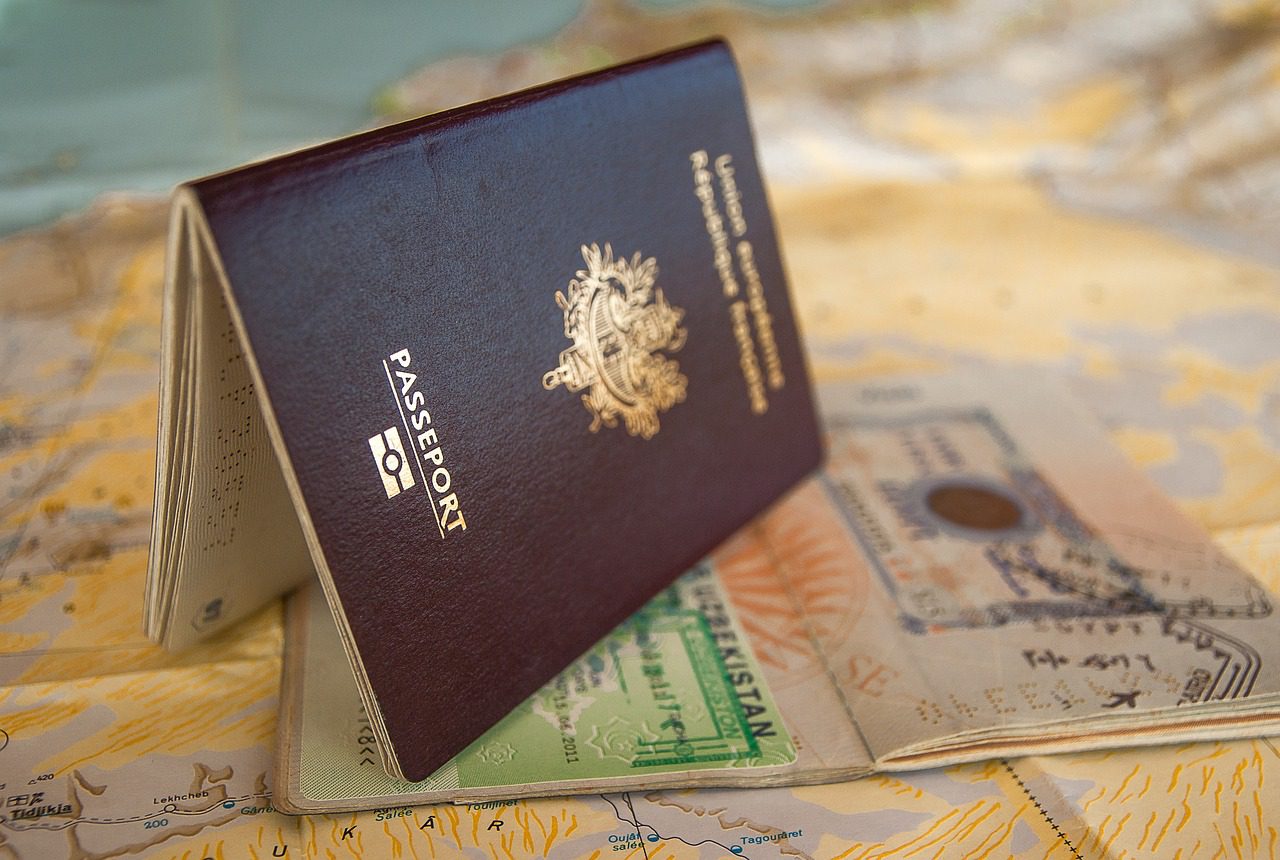Table of Contents
ToggleIntroduction
The allure of the Asia-Pacific (APAC) region is not only in its vast and ever-growing economic opportunities but also in its rich and incredibly diverse cultural experiences. These aspects not only drive business and investment but also attract talented individuals from all corners of the globe.
Nevertheless, understanding and meeting the various work visa requirements across different APAC countries can be a complicated and intimidating task. The complexity arises from the unique regulations, policies, and bureaucratic processes that vary significantly from one country to another.
This piece provides a brief comparison of work visa prerequisites in major APAC nations, shedding light on the application processes, eligibility criteria, and distinctive hurdles associated with each destination.
Australia
Visa Types and Requirements
- Temporary Skill Shortage (TSS) Visa (subclass 482): This visa is suitable for employers looking to address labour shortages by hiring skilled workers from overseas. It requires employer sponsorship and applicants must meet specific skill and English language requirements.
- Permanent Employer Sponsored Visa (subclass 186): This visa is for skilled workers whose Australian employer is willing to sponsor them for permanent residency.
Process
- The process involves employer nomination and approval, followed by application submission by the prospective employee. Additionally, health and character assessments are required.
Unique Challenges
- High English proficiency requirements and stringent labour market testing ensure that no suitable Australian workers are available for the position.
Singapore
Visa Types and Requirements
- Employment Pass (EP): This pass is for foreign professionals, managers, and executives earning a fixed monthly salary of at least SGD 4,500. The salary benchmark is higher for older and more experienced candidates.
- S Pass: This pass is for mid-skilled technical staff earning at least SGD 2,500 per month.
Process
- The process begins with the employer application via Singapore’s Ministry of Manpower (MOM) online portal. It then involves submitting educational certificates and relevant documents, with a typical processing time of three weeks.
Unique Challenges
- Stringent qualification and salary benchmarks, as well as frequent updates to the minimum salary requirements to align with local wage levels.
Japan
Visa Types and Requirements
- Engineer/Specialist in Humanities/International Services Visa: This visa is designed for professionals with expertise in engineering, humanities, or international services.
- Highly Skilled Professional Visa: This visa is based on a points system favouring advanced academic achievements and professional experience.
Process
- The process involves applying for a Certificate of Eligibility (COE) through a sponsor in Japan, followed by a visa application at a Japanese consulate once the COE is approved. The COE processing time is 1 to 3 months, and visa processing takes another few weeks.
Unique Challenges
- The language barrier, as many documents and processes are in Japanese, as well as a strict interpretation of eligibility criteria, particularly for professional experience and qualifications.
Hong Kong
Visa Types and Requirements
- Employment Visa: This visa is for professionals with special skills, knowledge, or experience not readily available in Hong Kong.
- Quality Migrant Admission Scheme (QMAS): This is a points-based system for highly skilled or talented individuals.
Process
- The process begins with the employer’s application to the Immigration Department and requires the submission of a detailed job description and proof of the necessity for hiring a foreign worker.
Unique Challenges
- The need to demonstrate that the job cannot be filled by a local worker, as well as high competition for QMAS due to the limited quota.
China
Visa Types and Requirements
- Z Visa (Work Visa): This visa is for foreign nationals taking up a paid job or position in China.
- R Visa: This visa is for top-level talent and high-level executives whose skills are in high demand.
Process
- The employer obtains a work permit notice from the local human resource authorities, and the applicant applies for a Z Visa from a Chinese consulate. After entry, the applicant must apply for a residence permit within 30 days.
Unique Challenges
- The process involves complex bureaucracy and frequent changes in regulations, as well as the need for detailed documentation, including health checks and police clearance certificates.
India
Visa Types and Requirements
- Employment Visa: This visa category is intended for foreign nationals who plan to seek employment in India.
- Business Visa: This visa category is designed for individuals visiting India for business-related purposes.
Process
Obtaining a visa involves navigating through a complex bureaucracy and adhering to frequently changing regulations. Moreover, it requires thorough documentation, including health checks and police clearance certificates. Additionally, it involves submitting an invitation letter from the Indian authorities.
Unique Challenges
Applying for employment and business visas in India involves high scrutiny for roles that could be filled by local talent and annual renewal requirements for employment visas.
Conclusion
Navigating the work visa landscape in APAC countries requires a thorough understanding of each country’s specific requirements and processes. Businesses and professionals must stay informed about the latest regulations and prepare detailed documentation to increase the chances of a successful application.
By understanding the unique challenges and opportunities in each country, companies can better plan their international expansion strategies and ensure compliance with local labour laws.
For expert guidance on navigating work visa requirements and expanding your business in the APAC region, contact Eos Global Expansion. Our team of professionals is here to support you with comprehensive visa solutions tailored to your needs. Reach out to us today to learn more about how we can help streamline your global workforce management.
Disclaimer: At the time you are reading this article, the visa requirements may have changed. Please always refer to the official local visa website for the latest requirements and application procedures.
References
Image by jacqueline macou from Pixabay






